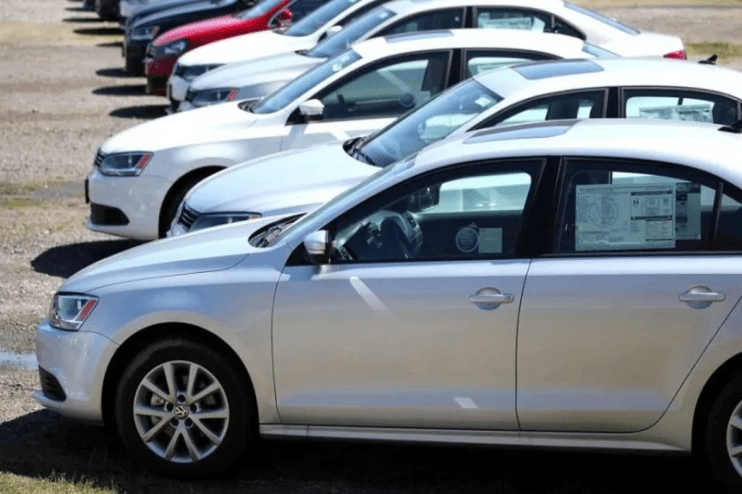Highest monthly car insurance rates ‘very hard’ to justify, industry boss admits

A boss at the trade body for British insurers has told MPs that the highest rates paid by motorists for monthly cover are “very hard” to justify, as the industry faces criticism for hiking prices amid the cost of living crisis.
Charlotte Clark, director of regulation at the Association of British Insurers (ABI), told the Treasury Committee on Wednesday that it was difficult to say whether further increases in the cost of car insurance could be expected this year.
“Some of the challenges within the market are still there, and as Colm says in terms of the profits within the market, they are not there,” she said, referring to Allianz UK chief executive Colm Holmes, who also gave evidence.
The comments came shortly after consumer group Which? published research finding that some motorists could be charged a nearly 40 per cent annual percentage rate when paying for insurance in monthly instalments. This figure compares with an average credit card rate of 34.8 per cent in January.
Which? found that the average figure across 27 insurers which disclosed their rate was 23.37 per cent, while the highest was 39.11 per cent. Just two providers said they did not charge interest on monthly repayments.
“It’s very hard to sit here and say 40 per cent feels reasonable,” Clark told MPs. “We have considered whether or not things like a voluntary cap for the industry is the right way forward. There are very good competition reasons why you can’t do those sorts of things.”
She added: “There are additional costs to paying monthly, so in terms of extra administration, you have the cost of capital, so we haven’t got all the money in up-front as insurer, so you can’t invest that money, so there are, what I would say, legitimate costs.”
According to the ABI, the average premium for motor insurance rose 25 per cent last year to its highest level since it began collecting the data in 2012.
The industry has blamed external factors like inflation, energy prices and the rising cost of repairs. The FCA wrote to MPs in January predicting that car insurance costs would keep rising in 2024.
Since January 2022, motor and home insurers have been required to provide fair value on their products, with these measures strengthened by the introduction of the Financial Conduct Authority’s (FCA) Consumer Duty last year.
However, some consumer champions have called for tougher action. Rocio Concha, director of policy and advocacy at Which?, told the committee in a separate session on Wednesday that the FCA needed to “step up and to get tough with firms”.
David Mendes da Costa, principal policy manager at Citizens Advice, told MPs of a “lack of transparency” from firms on the factors behind their pricing, including an “ethnicity penalty” that sees people of colour paying an average of £250 more for car insurance than white people.
He said it was “not clear” that insurance firms were monitoring this discrepancy and that the Consumer Duty “doesn’t seem to be delivering the outcomes that it’s meant to be”.
Holmes said Allianz did not collect ethnicity data. He stressed that “postcode is a key determinant of risk” as the firm’s algorithms analyse population density, crime statistics and accident rates to determine pricing, as well as the car itself.
Matt Brewis, the FCA’s director of insurance, later told the committee that it had found “the insurance sector has not done a particularly good job of forecasting inflation, the impact it will have on their supply chains and protecting those parts of their business”.
He said the FCA had regularly met with price comparison websites, brokers and consumers “to understand the concerns of consumers” and that it frequently intervened with insurers “where we see individual cases coming up”.